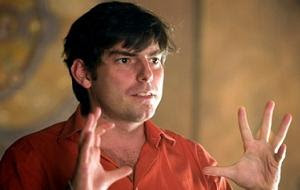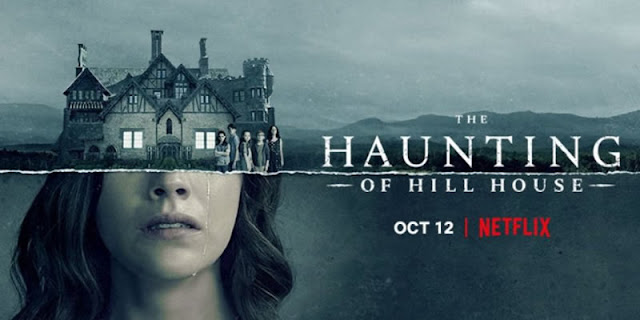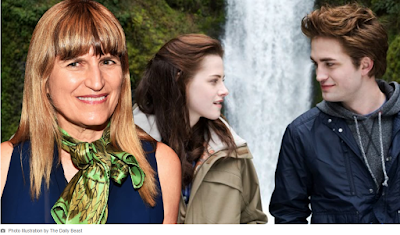New Chris Weitz interview
 Box Office has a new interview with Chris Weitz, and he talks about New Moon.
Box Office has a new interview with Chris Weitz, and he talks about New Moon.How do you direct a film when everyone knows the story and ending?
In a way, that's an advantage. That people know and love the book means that people know and want to see the movie, which is what you hope for when you're making a film. It's a fine balance between being as faithful as possible to the spirit of the book, and bringing changes. I regard myself as fan as much as any other, and the way that I see the book in my head is just like any other fan's ability, except that I happen to have tens of millions of dollars at my disposal to realize that vision. One hopes that it's a strong enough envisioning of the book that people will be amused and entertained and excited even though they know how things are going to end.
One of my favorite New Moon conspiracy theories is that the producers are ordering Kristen Stewart and Robert Pattinson to keep their love hidden because it will affect the way people will perceive the story, even though the story is already known even until the next two books.
The fans know what the Volturi look like or what Taylor Lautner as Jacob's amazing bod is going to look like—the producers know these things are big points of curiosity about whether we've been able to be faithful to people's notions. And they want to parse these things out over time. [Laughs] It is a conspiracy, but the conspiracy is called marketing.
There are so many films about vampires, vampire romances, teenage romances—what is it about Twilight's love triangle that's catalyzed this phenomenon?
To me, it has a lot less to do with vampires and werewolves than with readily identifiable emotional situations. Bella has a choice between the loving friend who's nearby and the distant, unattainable object of her affections. That's a pretty common scenario, and unfortunately also, so is being dumped. I know I've experienced it—pretty much anybody except the incredibly lucky has experienced it—and the supernatural element of things just allows for a degree of wish fulfillment. We can play out these scenarios on a grand scale. When you get broken up with, you'd like to think that if you just did something brave enough, something amazing enough, you could rescue the relationship that's been broken. And you would like to think that the person who's left you has left you for your own good against their heart. That's usually not the case, but in New Moon it happens to be, so that's a lovely way to fulfill one's wishes. A great thing that Summit as a studio understands is that there are dark places that the movie has to go in order for it all to work. They're not afraid of the angst and the sorrow that's in the book. In a way, the film can be kind of a throwback to weepies as well as very cutting edge in terms of visual effects.
It's got this operatic tone that's like soma for anyone with a broken heart.
We're probably going to put out one of the greatest breakup mix albums of all time on the soundtrack. Alexandre Desplat doing the music means there's this sense of French Romanticism that goes back to Alexandre's mentor Maurice Jarre and everything he did for David Lean's movies—going back to Debussy and Ravel and that kind of stuff. There is a lot of luxuriating in the emotionalism of the piece. I think I'm probably now supposed to add at this point that there's great stuff for guys as well. But leave that aside for the moment.
You talked a minute ago about Pattinson being an 'unattainable male.' We always see stories about men pursuing a woman. It's rare to see stories where a woman really pursues a man, and when you do, it's usually handled like All About Steve, where it teeters into comic stalking.
Farce.
Exactly. You always hear about the male gaze in films, but this seems to have such a strong female gaze. One of the prerequisites is how many times Pattinson and Lautner take off their shirts.
It's there in the script, and that's one for the ladies, really. Women have been objectified plenty in Hollywood films. And there's still sort of a chasteness to the objectification in Twilight and New Moon. One approaches it hopefully with a bit of tact—not just an exercise in beefcake peddling. You hope when you're shooting any kind of above-the-waist nudity that it suits the demand of the moment, it isn't just in there for the hell of it. That being said, I think we did come to Comic-Con with a lot of muscles and it was really fun to see the reaction to it. I've tried to make films that take into account the female members of the audience. Even American Pie, which comes from a genre that is notoriously misogynist.



Comments
Post a Comment